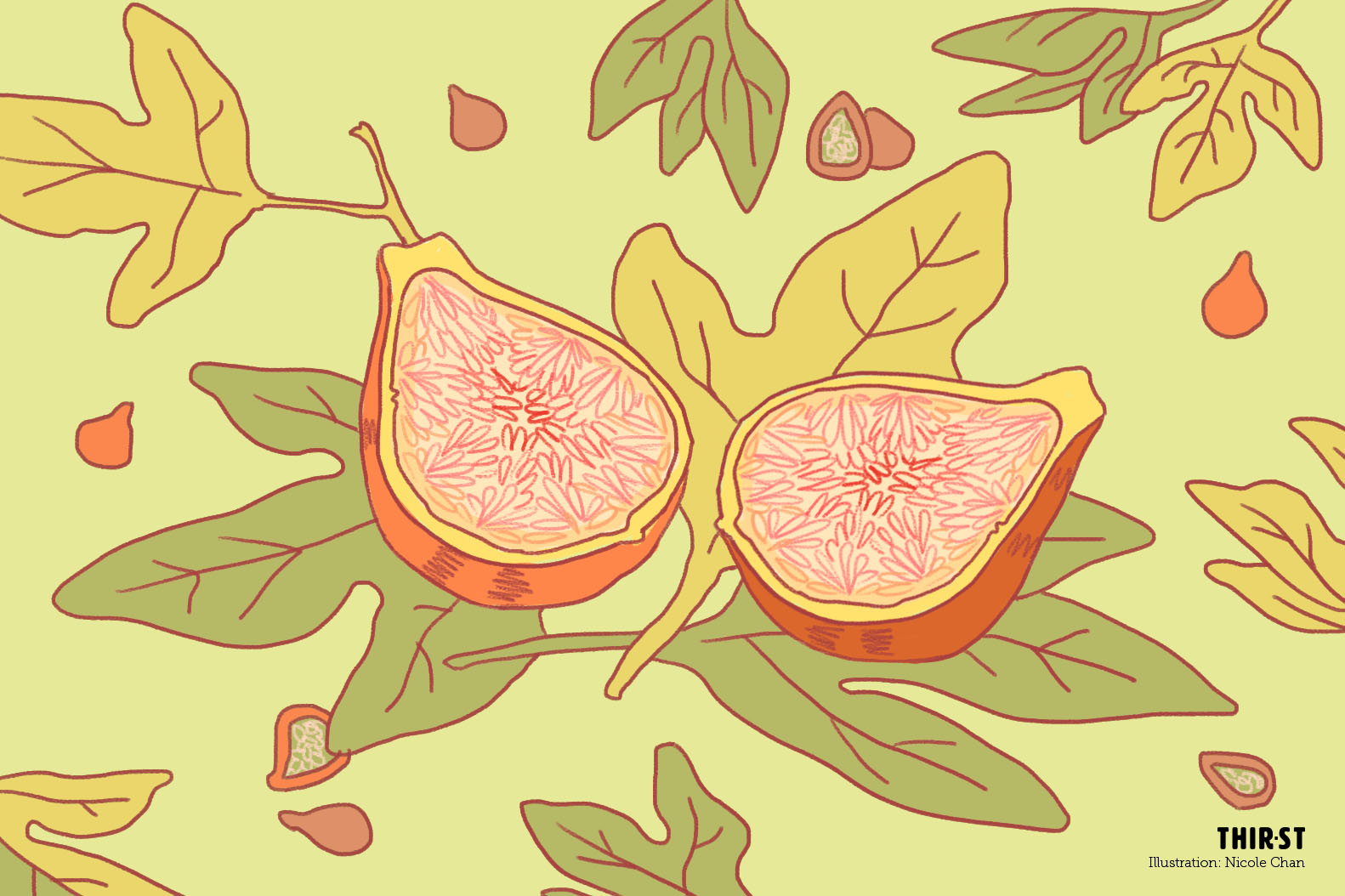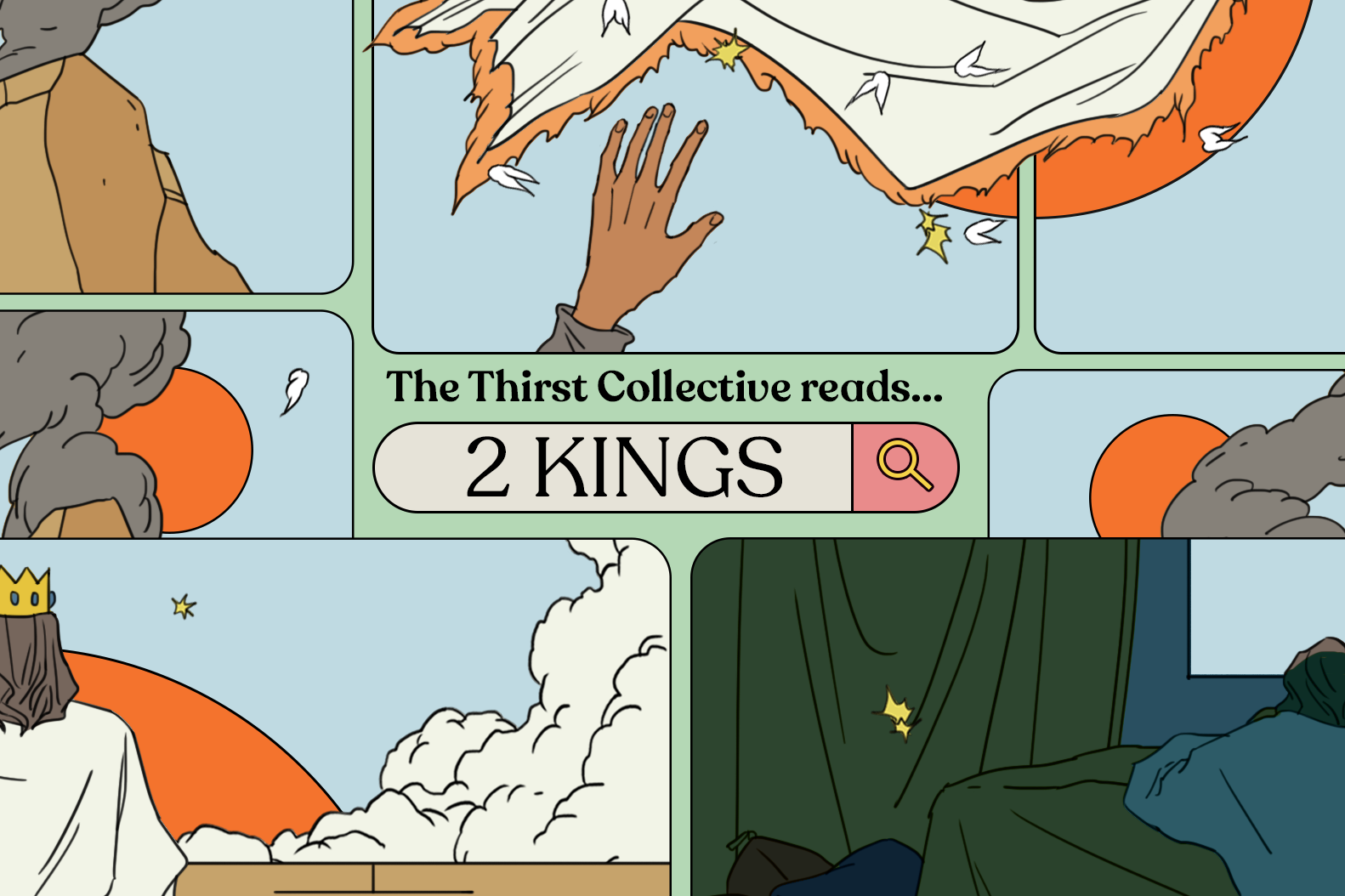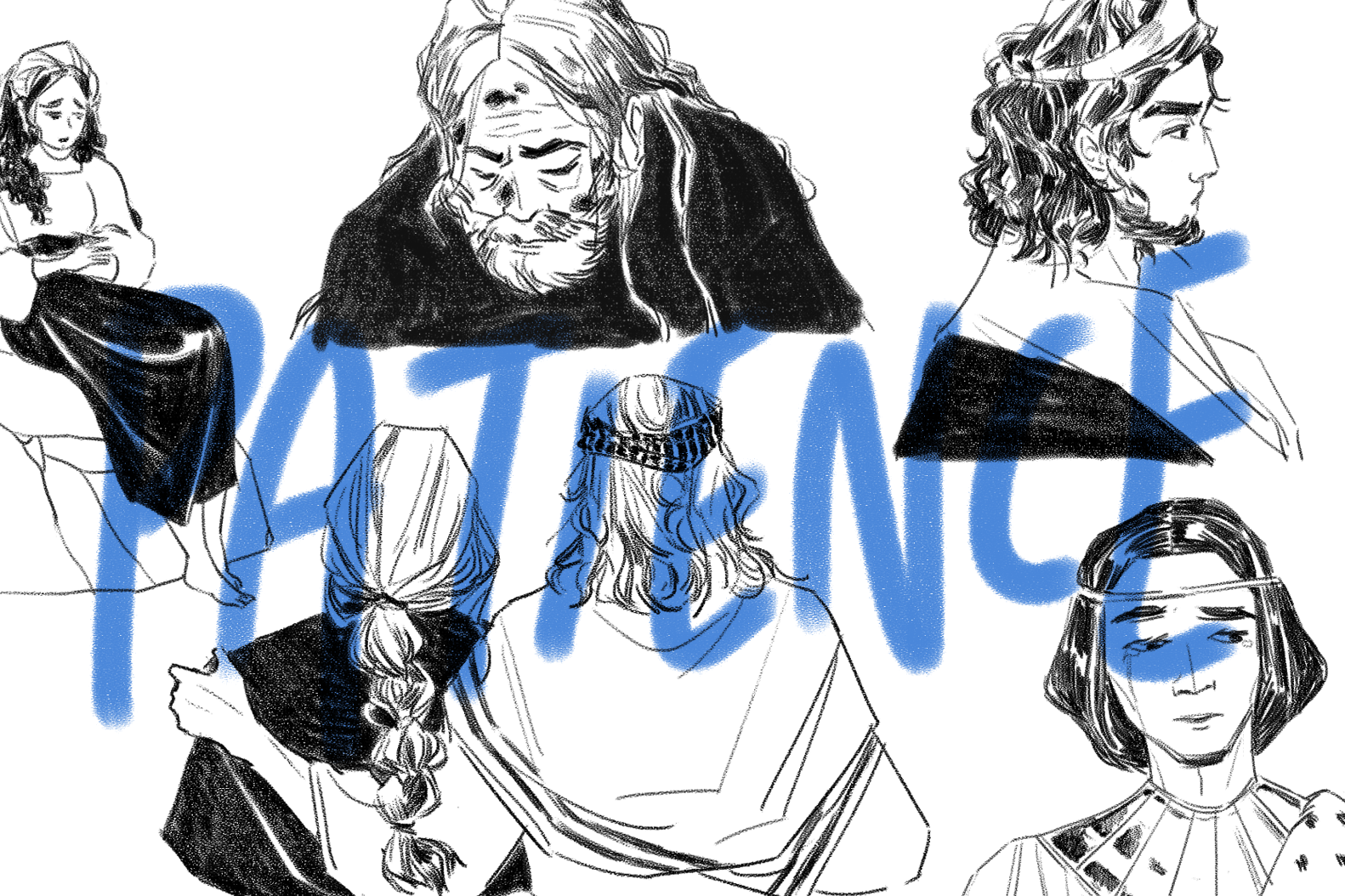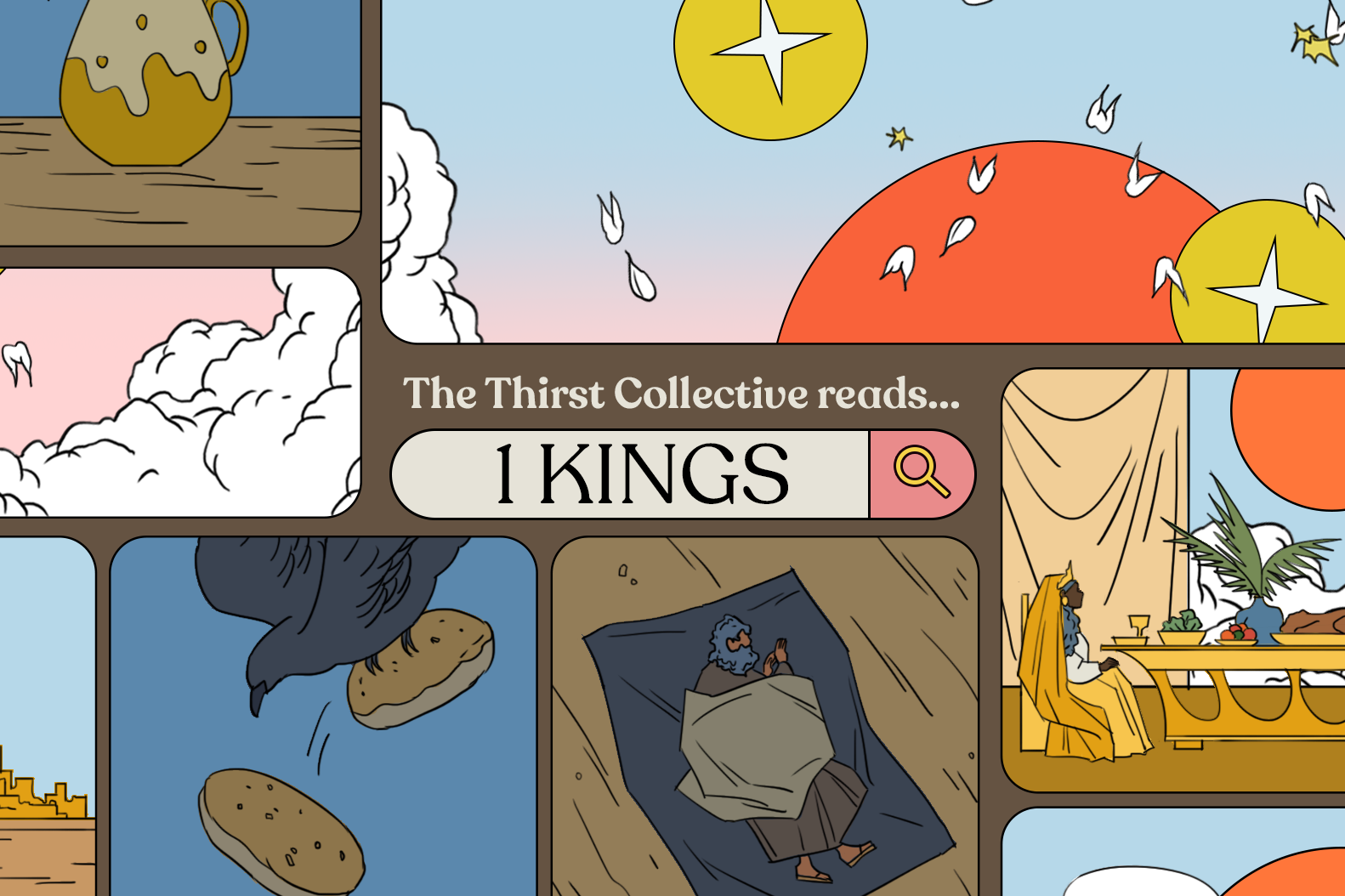Imagine you’re at the food court.
A customer is unhappy because the ban mian auntie has yet to open her stall, even though opening hours haven’t started yet. “May you never have business ever again!” you hear the customer say as he walks away.
How would you react to that?

Today, some 2,000 years ago, Jesus Christ made a similar remark.
This happened when Jesus cursed the fig tree (Mark 11:12-14, 20-25; Matthew 21:18-22). Most of us have come across this account, but not all of us understand its significance.
This episode occurred 5 days before Jesus’ crucifixion. He had entered Jerusalem the previous day to a triumphal welcome from the crowd. Jesus then went out of the city and as He was making his way back, He became hungry. Coming across a fig tree, He approached it, only to find that it had not bore any fruit for Him.
So Jesus cursed the fig tree: “May no fruit ever come from you again!” And the tree withered immediately.
From first glance, it seems as though Jesus acted in an absurd manner. Why get angry at a tree that didn’t bear fruit in the season? And why go to the extreme of cursing it?
Understandable questions, but it turns out Jesus wasn’t being #hangry.
One of the characteristics of fig trees is that it forms its fruits before its leaves sprout.
According to experts, a fig tree with leaves but no fruit is a definite indicator that the tree is barren. So the fig tree was already barren, and Jesus demonstrated His faith in God’s power over nature by accelerating the eventual outcome (Matthew 21:20-22).
There’s more. In the Book of Mark, this fig tree episode was recounted differently. Sandwiched between Jesus’ cursing of the tree and its tree withering was the account of Jesus cleansing the temple courts (Mark 11:12-26).
This was deliberate. I believe Mark was drawing a parallel between the cursing of the fig tree and the cleansing of the tables. When we put two and two together, it is clear both incidents pointed towards the hypocrisy of the nation of Israel.
The shopkeepers saw the temple courts as a platform where they could exploit worshippers for money. They turned a sacred place into a mercenary syndicate. Faith to them was about putting up a facade. Similarly, the fig tree looked fruitful from afar because of all its leaves. But upon closer examination, it was fruitless. What appeared to be a lush tree was actually barren.
Fig trees are also a symbol of peace and prosperity. The Promised Land, flowing with milk and honey, had fig trees in it (Deuteronomy 8:8-10). And during King Solomon’s reign, Israel was said to live in safety under fig trees (1 Kings 4:25).
Conversely, the withering or destruction of fig trees often signified judgment and rejection (Amos 4:9, Jeremiah 8:13). And the other times Jesus referenced fig trees were in parables about judgment (Luke 13:1-9) and the end times (Matthew 24:32-35, Mark 13:28–32, Luke 21:29–21:33).
I don’t think it was a coincidence that Jesus cursed the fig tree after cleansing the temple. His actions highlighted the people’s hypocrisy. And it wasn’t by chance that this incident happened only a few days before Jesus’ crucifixion. By calling judgment on the fig tree, He foreshadowed that the hour of judgment is near.
Knowing these things, will we respond to His call to repentance?

What fruit is our life producing?
A close walk with God will result in the fruits of love, joy, peace, patience, kindness, gentleness and self-control. Jesus also said that we will bear much fruit if we remain in Him (John 15:4-6).
In the days leading up to Resurrection Sunday, the story of the fig tree leads us to reflect on the kind of fruit we’re bearing – or if we’re bearing fruit at all.
All is not lost if we find ourselves barren. In the parable of the fig tree (Luke 13:1-9), the man taking care of the tree pleaded with the owner to let the barren tree live a little longer even though it had been years since it bore fruit. Just like the vine keeper, Jesus intercedes for us and defends us today.
Judgment is coming, and God is looking for fruit – let us cherish God’s unfathomable grace and flourish as His people.
FOR MORE PASSION WEEK STORIES:
- How true is this in your life – fruitful from afar but fruitless upon closer look?
- The fruit of the Spirit is love, joy, peace, forbearance, kindness, goodness, faithfulness, gentleness and self-control. What fruit is your life producing?
- What might be causing you to wither and not flourish?









